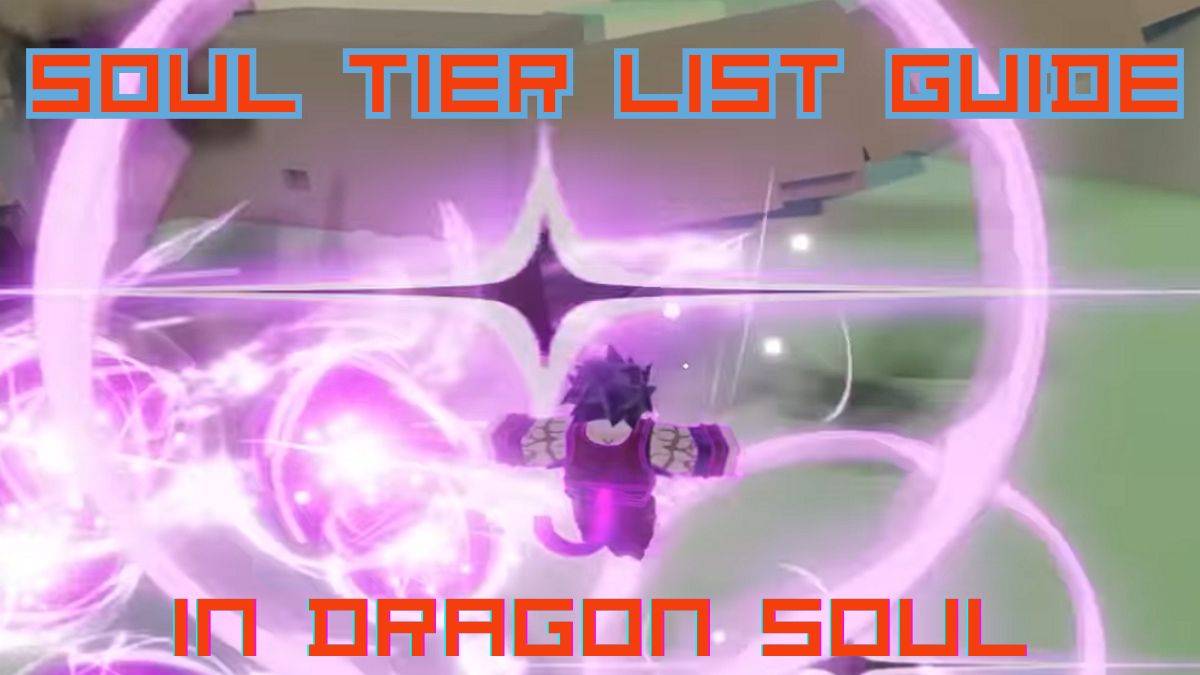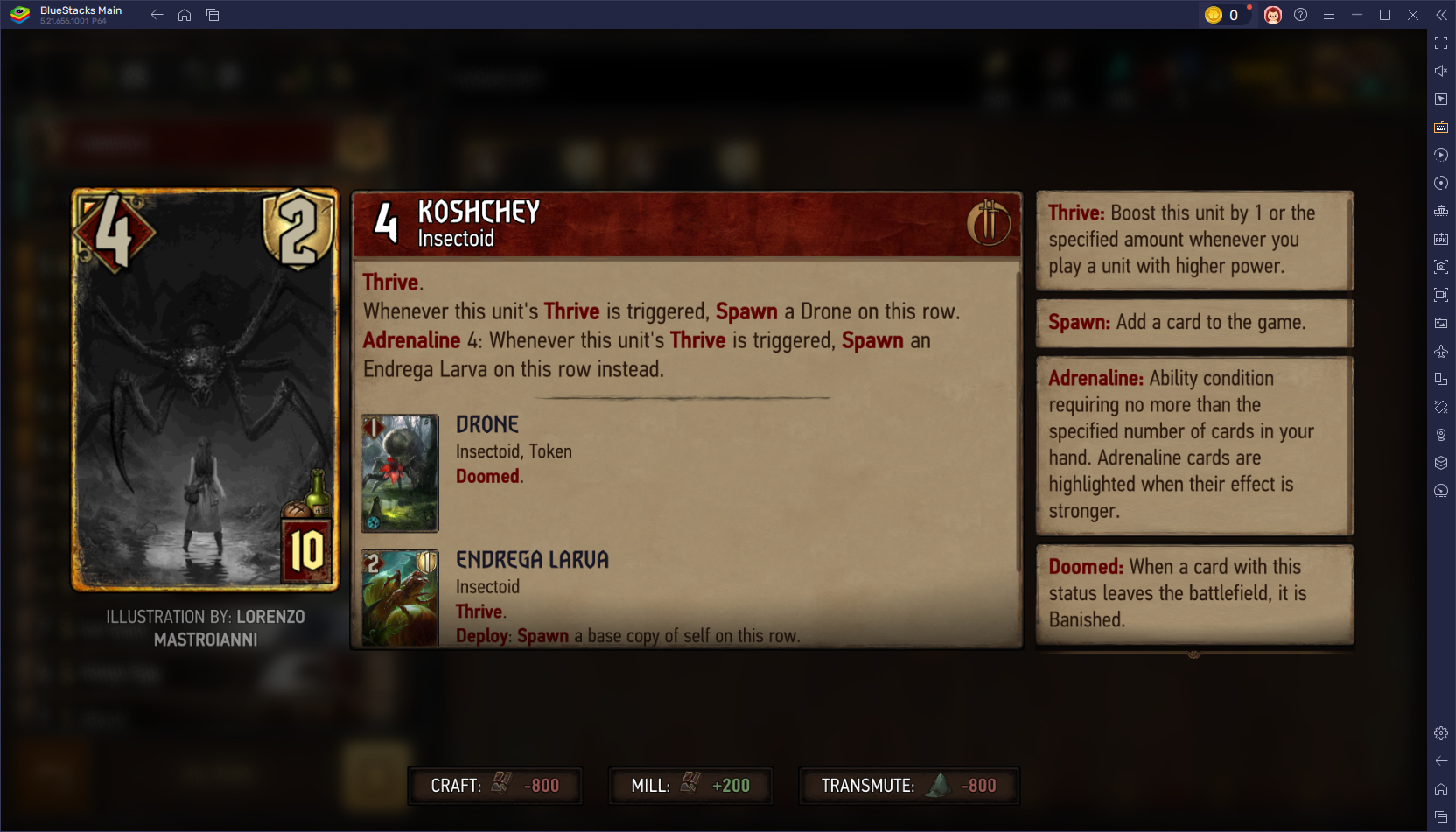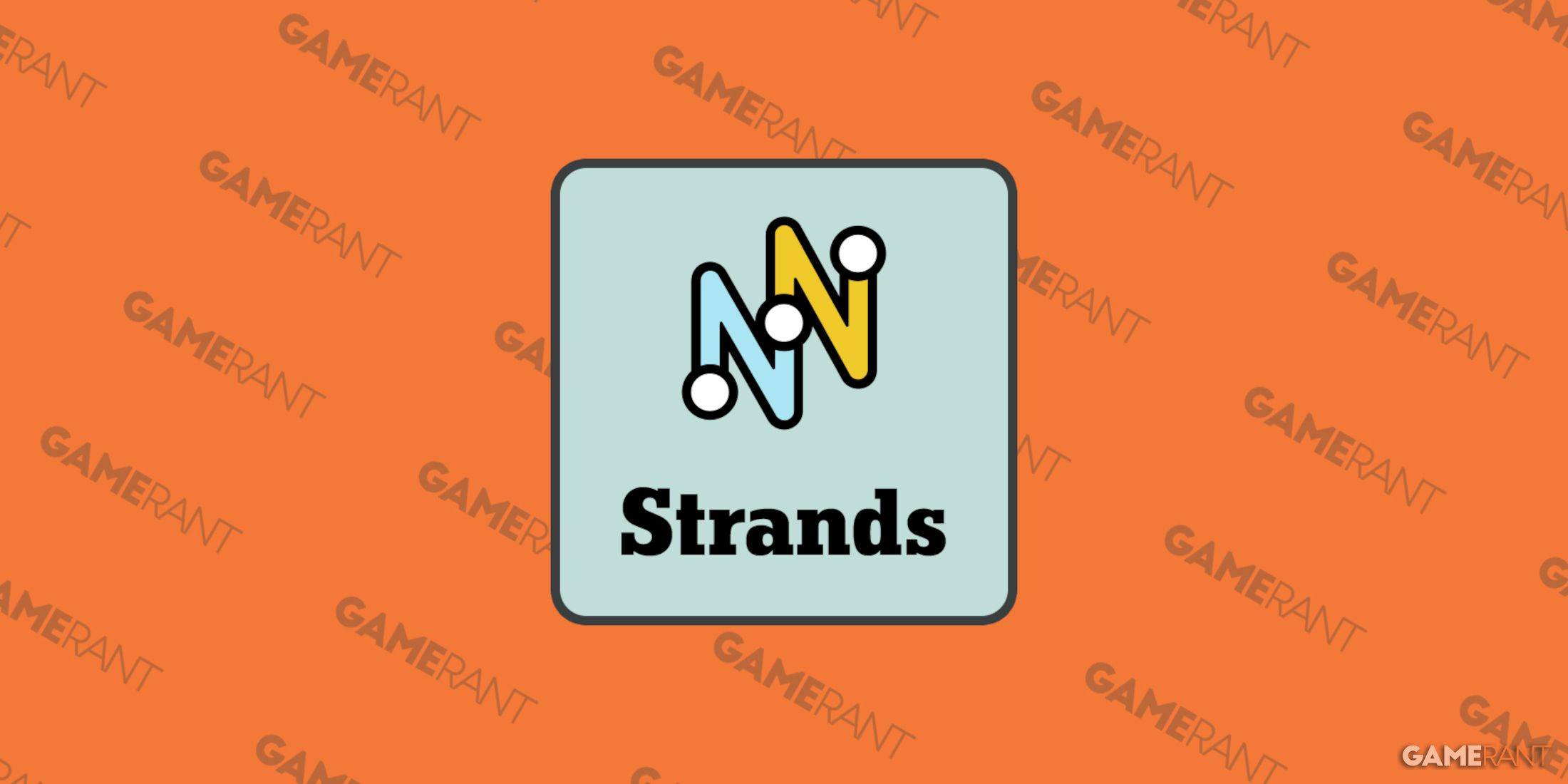Palworld Director Addresses AI Controversy, Online Challenges, and Misconceptions
- By Aaron
- May 01,2025
At the Game Developers Conference (GDC) last month, we had an in-depth discussion with John "Bucky" Buckley, the communications director and publishing manager for Palworld developer Pocketpair. Following his talk titled 'Community Management Summit: A Palworld Roller Coaster: Surviving the Drop,' Buckley shared insights into the challenges Palworld faced, including accusations of using generative AI and stealing Pokémon models, which Pocketpair has debunked. He also touched on Nintendo's patent infringement lawsuit, which he said came as a surprise to the studio.
We've previously published shorter pieces on our conversation with Buckley, but given the depth of his insights into Pocketpair's community management, we're sharing the full interview here. For those interested in more focused topics, you can read about Buckley's thoughts on Palworld potentially coming to the Nintendo Switch 2, the studio's reaction to being called "Pokemon with guns," and the possibility of Pocketpair being acquired.
This interview has been lightly edited for clarity:
IGN: Let's start with the lawsuit you mentioned in your GDC talk. Has it made it harder for Pocketpair to move forward and update the game?
John Buckley: No, it hasn't made it harder to update the game or move forward. It's more of a constant presence that affects the company's morale. It hasn't impacted development, but it does weigh on us. Obviously, we've had to hire lawyers, but that's mostly handled by the top executives.
IGN: I was intrigued by your reaction to the 'Pokemon with guns' moniker. Why didn't you seem to like it?
Buckley: Many people think that was our goal from the start, but it wasn't. Our aim was to create something like ARK: Survival Evolved with more automation and personality in the creatures. We wanted to build on what we loved about ARK and our previous game, Craftopia. The 'Pokemon with guns' label came after our first trailer, and while it wasn't our favorite, it's what people latched onto.
IGN: You mentioned in your talk that you couldn't explain why Palworld took off. Do you think the 'Pokemon with guns' label played a role?
Buckley: It definitely did. It fueled a lot of attention, but it's frustrating when people think that's what the game is without playing it. We'd prefer if people gave it a chance first.
IGN: How would you describe Palworld if you could choose your own moniker?
Buckley: I'd probably call it "Palworld: It's kind of like ARK if ARK met Factorio and Happy Tree Friends." It doesn't roll off the tongue as easily, but it's more accurate.
IGN: You also addressed the criticism that Palworld used AI-generated art. How did that impact the team internally?
Buckley: It was a huge issue for us, especially for our artists, particularly our Pal concept artists. It's upsetting, and it's hard to counter these claims. We released an art book to refute the accusations, but it hasn't been as effective as we hoped. Our artists, many of whom are female and prefer to stay out of the public eye, are particularly affected by these accusations.
IGN: How do you navigate the industry-wide conversation about generative AI?
Buckley: A lot of the arguments against us are based on misinterpretations. Our CEO's comments were taken out of context, and our game AI: Art Imposter was misunderstood. It's a complex issue, and we're still figuring out how to properly address it.
IGN: What's your take on the state of online gaming communities and the usefulness of social media for your studio?
Buckley: Social media is crucial for us, especially in our primary markets of Japan and China. However, online gaming communities can be intense. We understand players' frustrations, but the death threats we receive are illogical and hurtful. We're dedicated to fixing issues, and we wish players would recognize our efforts.
IGN: Do you feel like social media is trending worse lately?
Buckley: There's a trend of people saying the opposite of popular opinions for attention. Luckily, Palworld has avoided much of this, but we still get a lot of feedback about game issues.
IGN: You mentioned that the majority of the heat came from Western audiences. Why do you think that was?
Buckley: It's hard to say. In Japan, opinions about us are split. We focus on overseas markets with a Japanese flair, which can be divisive. The Western audience's reactions might have been more intense because of the timing and the nature of the game.
Palworld Screens
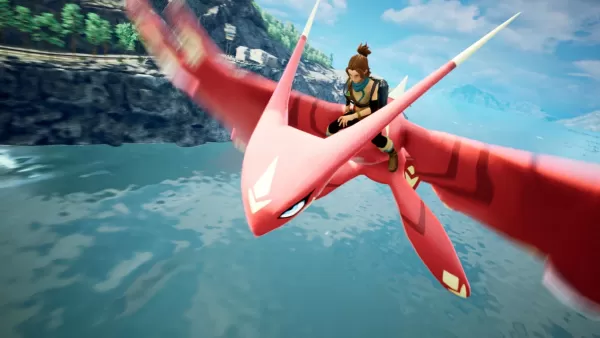
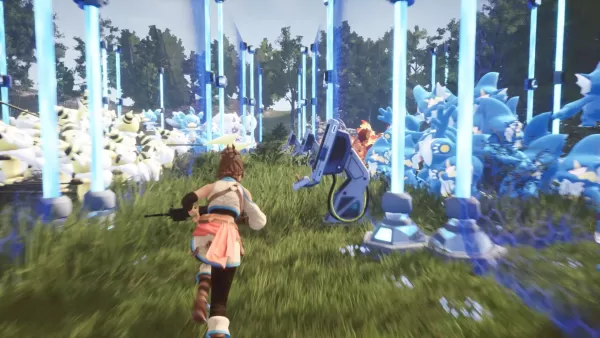 17 Images
17 Images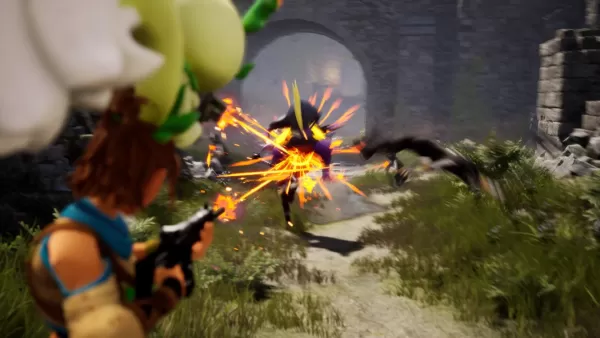
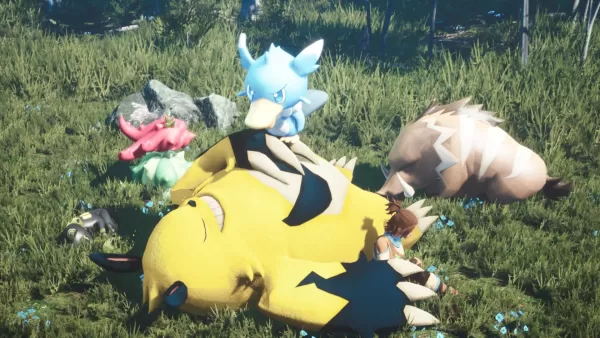
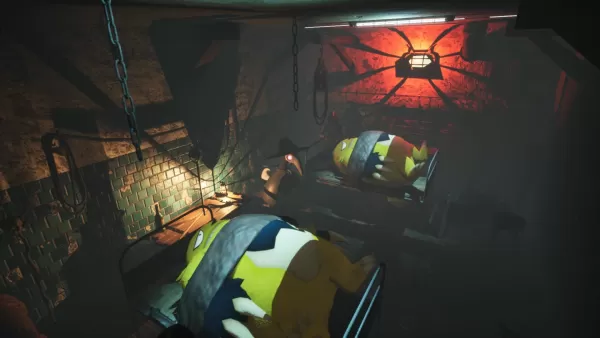
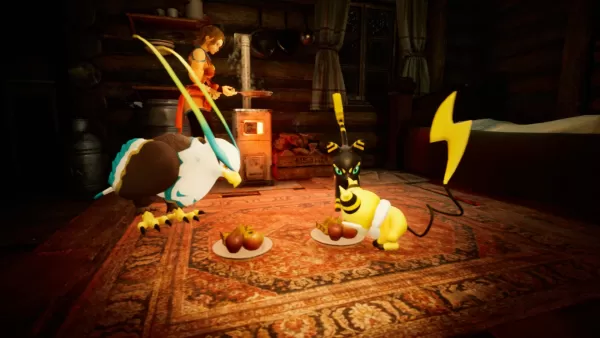
IGN: Palworld was extremely successful. Has that changed how the studio operates or your future plans?
Buckley: It's changed our future plans, but not the studio itself. We're hiring more developers and artists to speed up development, but our company culture remains the same. Our CEO wants to keep the studio small, despite its growth to 70 people.
IGN: Did you anticipate Palworld's level of success?
Buckley: We knew it was a good game, but the level of success was unexpected. A million sales for an indie game is a huge achievement, and reaching into the tens of millions is surreal.
IGN: Do you anticipate supporting Palworld for a long time?
Buckley: Absolutely. Palworld is here to stay, though we're not sure in what form. We're also continuing to work on other projects like Craftopia.
IGN: There was a misunderstanding about a partnership. Can you clarify that?
Buckley: People thought we were owned by Sony, but that's not the case. Palworld as an IP is being handled by Aniplex and Sony Music, but we're only involved in the game's development.
IGN: Would Pocketpair ever consider being acquired?
Buckley: Our CEO would never allow it. He values his independence and doing things his own way.
IGN: Do you see Palworld competing with Pokémon?
Buckley: I don't think our audiences overlap much. The systems are completely different. We were more focused on other survival games like Nightingale and Enshrouded. Competition in games is often manufactured for marketing.
IGN: Would you ever release Palworld on the Nintendo Switch?
Buckley: If we could make it work on the Switch, we would. We're waiting to see the specs of the Switch 2. We've optimized the game for the Steam Deck, so we're open to more handheld platforms.
IGN: What's your message for people who haven't played Palworld and might misunderstand it?
Buckley: I think many people only know Palworld from the drama. I'd encourage them to play it. We're considering a demo to help people understand the game better. It's not what people think it is, and we're not as 'seedy and scummy' as some believe. We've tried to protect our developers by staying out of the public eye, which might have made us seem inaccessible.
IGN: How do you reflect on last year's gaming landscape?
Buckley: Last year was incredibly successful for many games, including Palworld. It was a crazy year, and I think people will remember 2024 as a standout year in gaming.
Latest News
more >-
- Rare's Everwild Update From Phil Spencer
- Dec 24,2025
-
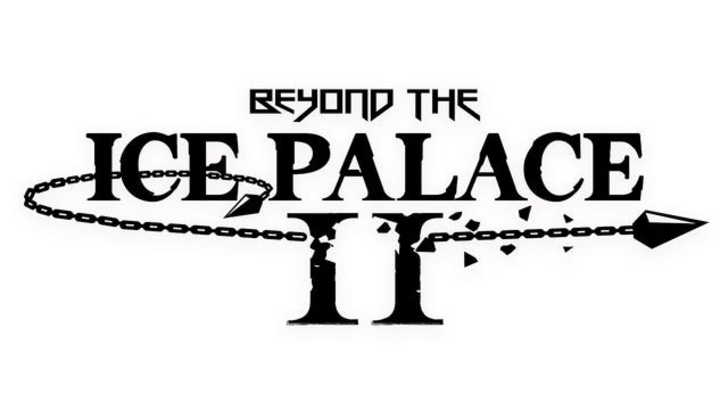
- Beyond the Ice Palace 2 Launch Details Announced
- Dec 24,2025
-
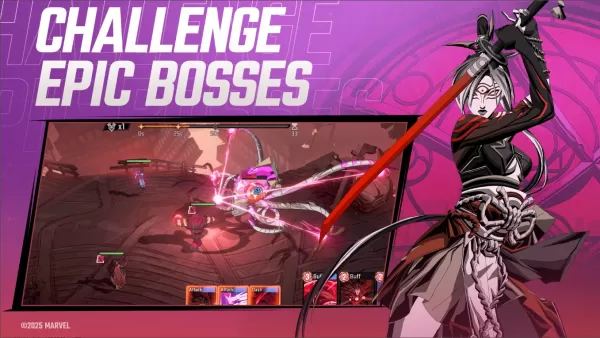
- Master MARVEL Mystic Mayhem with Top Tips
- Dec 23,2025
-
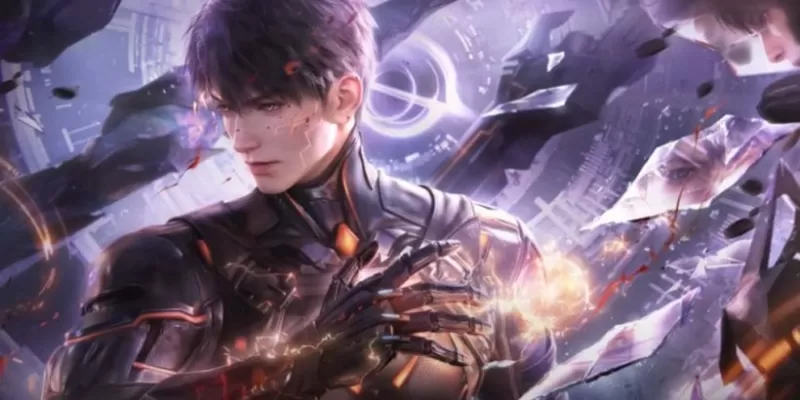
- Caleb Returns in 'Fallen Cosmos' Event
- Dec 23,2025
-
- Lies of P DLC Director Vows to Adjust Difficulty
- Dec 23,2025

